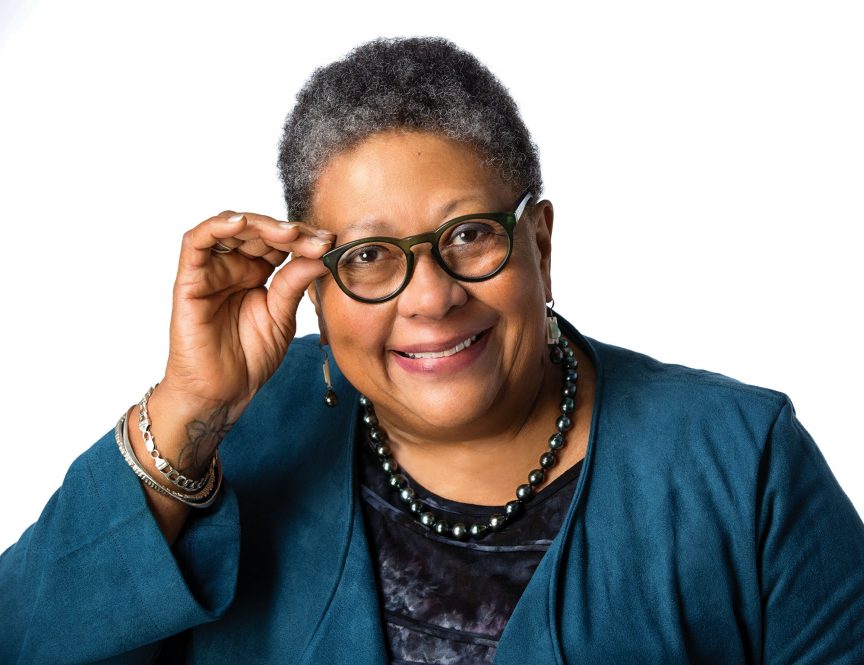When I was a senior in college, I was told I had to take four classes my final semester, even though I only needed three to graduate. For fun, then, I signed up to study independently with a young English instructor named Marilyn (Waniek) Nelson (now professor emerita of English at UConn). I told her I wanted to write fiction, but she was a poet and suggested we write poetry instead. My poetry was, at best, pretentious and derivative, and at worst, birdcage liner, but with a week to go, she told me I had talent and that I should consider a graduate writing program. I was terrified of the shapeless future and uncertain what to do with my life, but if she saw something in me, I thought maybe I could give it a try.
One MFA, 30 published books, and 150 published articles and short stories later, I have walked the path she set me on, sometimes diffidently but always happily, and I have made a living telling stories, some of them my own. I have also stayed friends with Marilyn Nelson all these years, meeting when we can, at literary festivals in Vermont or over dinner one night in Manhattan where, coincidentally, James Baldwin was dining at a nearby table.
Despite her claim my senior year that she was more a poet than a storyteller, Nelson’s poems are narratives, more than any poet I know, imagining and giving voice to the interior lives of people who did not get a chance to speak for themselves. As Connecticut’s Poet Laureate from 2001 to 2006, she wrote “Fortune’s Bones: The Manumission Requiem,” about a Connecticut slave whose skeleton ends up in a white doctor’s office, and “A Wreath for Emmett Till,” telling the heartbreaking story of the 14-year-old Chicago boy who was brutally murdered in Mississippi in 1955. She’s written poems to accompany a slave narrative of a man named Venture and poems about the settlers of the first African-American town of Seneca Village, a people displaced when New York City built Central Park in 1857.
And she has striven, as a teacher, to help other people (like me) find their voices. After 20 years at UConn, teaching both ethnic literature and courses in creative writing, she retired in 2002 but was lured back when the head of the English Department, who knew she’d always dreamt of starting a writers’ retreat, made her an offer she couldn’t refuse. “He said,” Nelson recalls, “‘If you come back and teach half-time, we’ll donate the equivalent of the other half of a full-time salary to your nonprofit.’”



